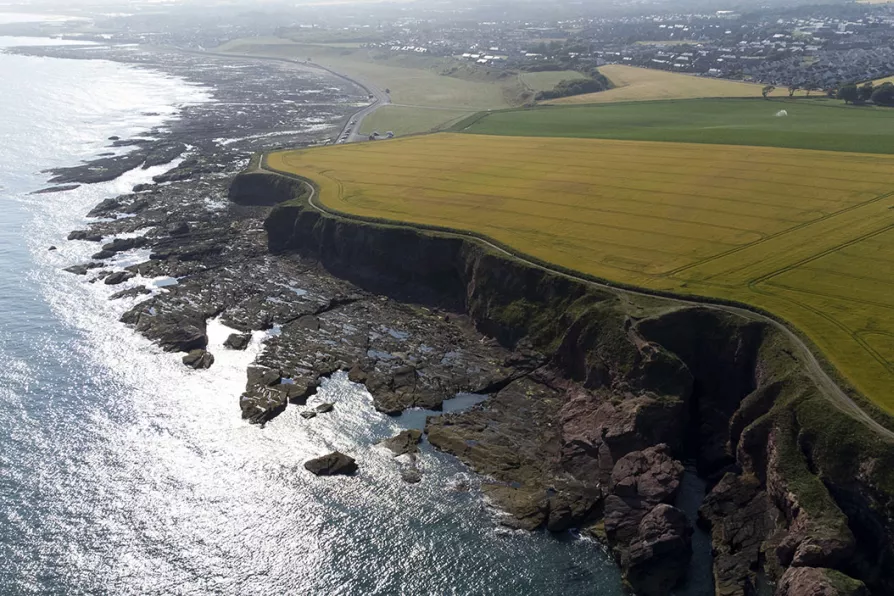UN 30by30 nature target won't be achieved until next century, warns Greenpeace

 The Arbroath Cliffs, under which is a network of caves along the Angus coast
The Arbroath Cliffs, under which is a network of caves along the Angus coast
A UN target to protect and restore 30 per cent of nature by 2030 will not be achieved in ocean environments until 2107 on current trends, an analysis by Greenpeace has found.
The international campaign group warned about the slow rate of progress in the report, published ahead of the opening of the UN Biodiversity Cop16 in Cali, Colombia, today.
Nations agreed the target to protect nature across land and seas at the last biodiversity Cop in Montreal in 2022.
Similar stories

The biodiversity summit in Colombia showed national governments are struggling to address the complexity of challenges that need to be overcome if we’re to preserve the natural world, writes HARRIET BULKELEY













